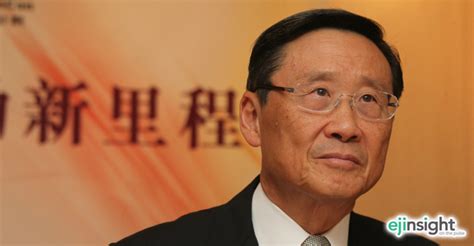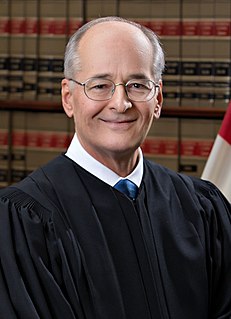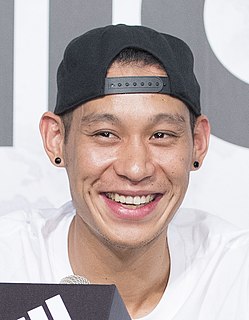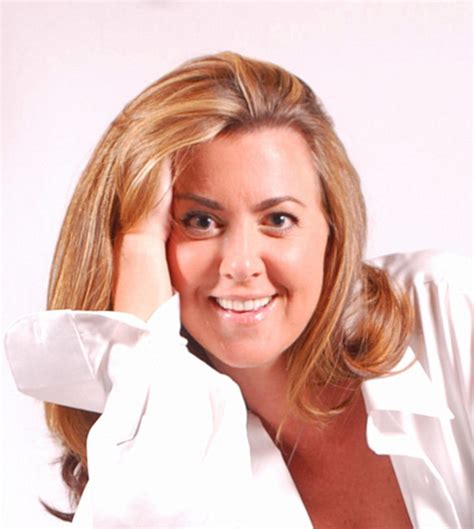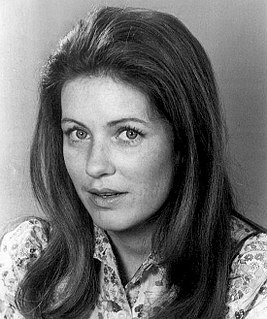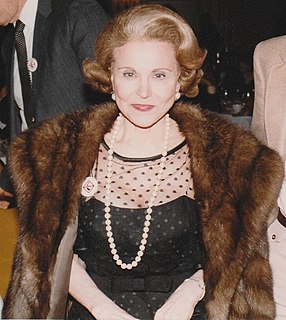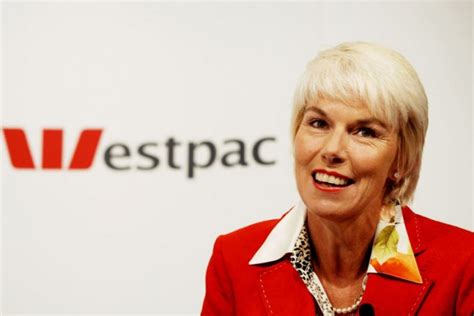A Quote by Peter Woo
Without constantly pushing my senior colleagues to formulate decisions, I would never be able to learn and know what they are made of.
Related Quotes
The people wanted to believe that the Negroes couldn't learn to read music but had a natural talent for it. So we never played with no music. I'd get all the latest Broadway music from the publisher, and we'd learn the tunes and rehearse them until we had them all down pat- never made no mistakes. All the high-tone, big-time folks would say, isn't it wonderful how these untrained, primitive musicians can pick up all the latest songs instantly without being able to read music?
It is possible to enjoy the Mozart concerto without being able to play the clarinet. In fact, you can learn to be an expert connoisseur of music without being able to play a note on any instrument. Of course, music would come to a halt if nobody ever learned to play it. But if everybody grew up thinking that music was synonymous with playing it, think how relatively impoverished many lives would be. Couldn't we learn to think of science in the same way?
In this digital age, there is no place to hide behind public relations people. This digital age requires leaders to be visible and authentic and to be able to communicate the decisions they've made and why they've made them, to be able to acknowledge when they've made a mistake and to move forward, to engage in the debate.
The most valuable insight I have made about how people make decisions is that when they become skilled they don't have to make decisions - choices between options. Instead, they can draw on experience and the patterns they have acquired to recognize what to do, ignoring other options. This is the basis of the Recognition-Primed Decision (RPD) model my colleagues and I described thirty years ago.
